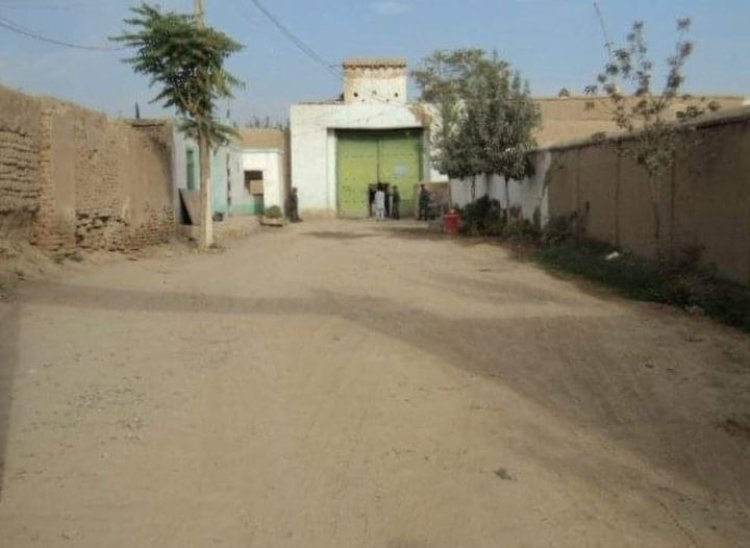Special Report: Dire Conditions of Prisoners in Kunduz Prison

By RM Media
Reports emerging from Kunduz prison paint a grim picture of the inhumane and deplorable conditions under which prisoners are held, while Taliban authorities remain unresponsive to these concerns. Families of prisoners have described the situation as catastrophic, with accounts of human rights violations, torture, beatings, harsh punishments, and delays in addressing prisoners’ cases.
Sources reveal that many detainees in Kunduz prison have been held for months without due process or court hearings. A source told RM Media, “My husband has been in custody for seven months and hasn’t had even his first trial. There are others who’ve been in prison for longer or shorter durations, but none of them know their fate. The Taliban simply don’t care.”
Prolonged Detention Without Trial
Under international judicial norms, prolonged detention without trial is a blatant violation of human rights. Article 9 of the Universal Declaration of Human Rights and international conventions emphasize the right of every detained individual to a fair and prompt trial.
However, reports indicate that Kunduz prison fails to meet even the basic standards of humane detention. Prisoners lack access to essential necessities such as clean drinking water, electricity, and adequate heating during the harsh winter months. Many are held in overcrowded and unsuitable spaces, compounding their suffering.
A source close to one of the prisoners shared, “In this freezing weather, some prisoners are forced to sleep under plastic sheets. The lack of proper hygiene facilities has led to widespread health problems, and many prisoners are falling ill.”
Allegations of Abuse and Torture
Families of the detainees have accused prison authorities of mistreating and torturing inmates. According to reports, officials at Kunduz prison, including its Taliban-appointed head, frequently subject prisoners to verbal abuse, physical assault, and degrading treatment.
One source informed RM Media that conditions in Block 2 of the prison are particularly dire. Inmates who protest their mistreatment are subjected to brutal punishments, such as being taken to the prison’s industrial section where they face extreme forms of torture. These include having their heads forcibly shaved, being locked in iron cages, or kept hanging in the wells.
Rising Suicide Cases
Sources have also warned of a growing number of suicides among prisoners, driven by psychological distress and the lack of basic facilities. Just last night (Friday, January 17), a 21-year-old prisoner named Rahimullah, known as “Jigar,” who hailed from Imam Sahib district in Kunduz province, reportedly took his own life. Rahimullah, whose mother and brother are also incarcerated, succumbed to the severe mental pressures and harsh conditions of the prison. According to a source, the prison’s head dismissed the suicide as insignificant and attempted to cover it up.
Calls for Justice
Families of the detainees are demanding urgent action to improve prison conditions and expedite the legal processes for the inmates.
These revelations come despite earlier claims by the Taliban’s general director of prisons, who insisted that no punitive measures are taken against prisoners in Taliban-controlled facilities.
As more reports surface, the plight of Kunduz prison inmates raises pressing questions about the Taliban’s commitment to human rights and the rule of law. Families and human rights advocates continue to call for immediate intervention to address these alarming issues.
